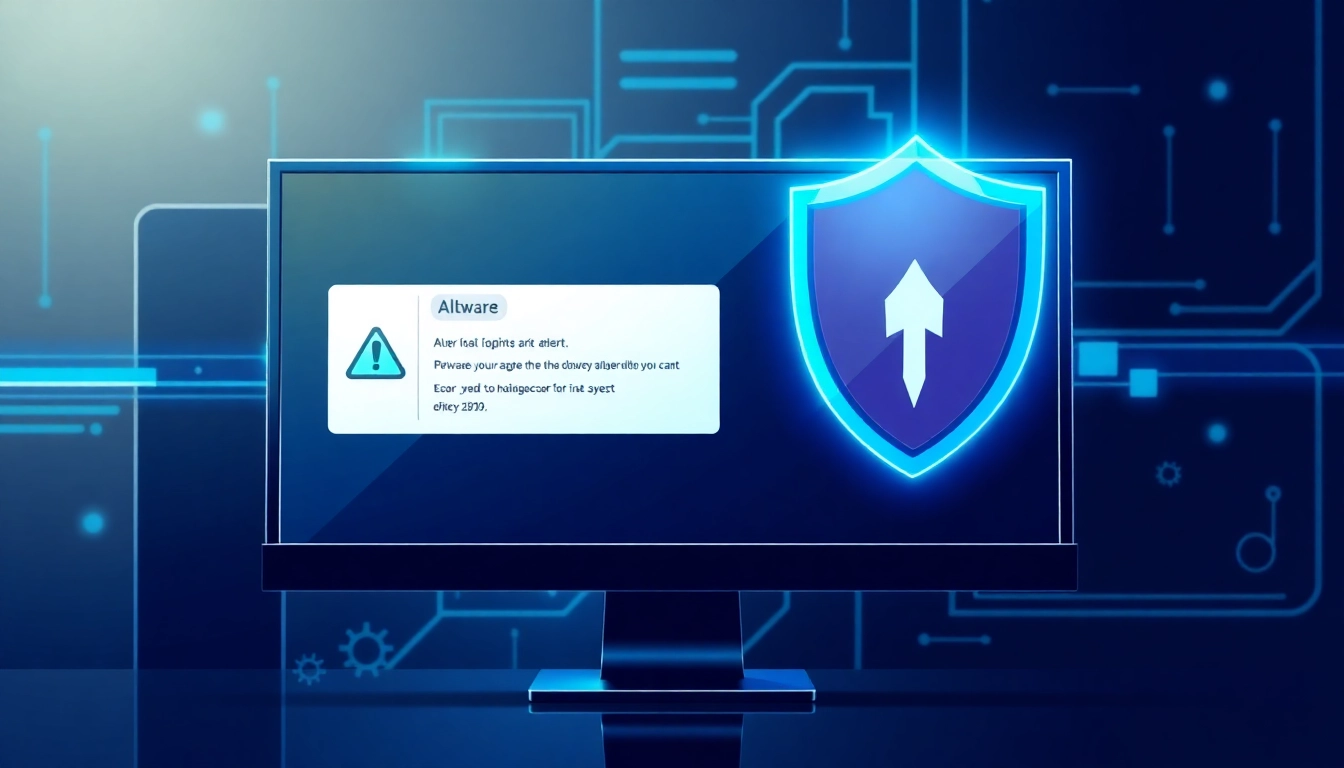Understanding Freelance Missions: Definition and Core Concepts
What Are Freelance Missions and How Do They Differ from Regular Jobs?
Freelance missions are project-based tasks assigned to independent professionals, commonly known as freelancers. Unlike traditional employment, where individuals work under a consistent contract with a single employer, freelance missions are typically short-term, flexible engagements focused on specific deliverables. These missions allow freelancers to offer their expertise across various industries without being tied to one organization long-term. For example, a web developer might undertake a freelance mission to build an e-commerce site for a client, with clearly defined goals, timelines, and payment terms.
To understand their distinction from regular jobs, consider aspects such as autonomy, diversity, and transactional nature. Freelance missions provide the advantage of choosing projects aligned with your skills and interests, often resulting in higher earning potential per project. Freelance missions differ fundamentally from ordinary employment by their project-centric structure, immediate need for self-management, and the absence of traditional employment benefits.
The Key Characteristics of Successful Freelance Missions
Successful freelance missions share several defining features:
- Clear scope and objectives: The mission must have specific, measurable goals to avoid scope creep and ensure client satisfaction.
- Defined timeline: Deadlines are essential to manage workload and set expectations for deliverables.
- Fixed or negotiable compensation: Payment structures vary—from fixed project fees to daily or hourly rates, often ranging from €600 to €1200 per day depending on expertise.
- Mutual trust and communication: Regular updates and transparent communication foster successful collaborations.
- Skill alignment: The mission should leverage your core competencies, whether in software development, design, or consulting.
For freelancers, identifying missions that align with these criteria enhances success and reputation growth.
Types of Freelance Missions Across Different Industries
Freelance missions span a broad spectrum of industries, ranging from technology to creative services. Some common types include:
- Technology & Development: Frontend/backend development, mobile app creation, DevOps & cloud infrastructure management, and data science projects.
- Design & UX: Graphic design, User Experience optimization, branding, and interface design for websites and applications.
- Consulting: Business strategy, digital transformation, cybersecurity, and project management consulting.
- Writing & Content: Copywriting, technical documentation, SEO content creation, and marketing strategy.
These categories illustrate the versatility of freelance missions, accommodating specialists with niche expertise across the globe.
Finding and Securing Freelance Missions Effectively
Proven Platforms and Marketplaces for Freelance Opportunities
Building a sustainable freelance career begins with leveraging key online platforms. Popular marketplaces such as Upwork, Freelancer, ProUnity, and specialized niche sites like JobForFreelancers are essential tools for discovering new missions. These platforms provide a marketplace where clients post freelance opportunities, and freelancers can submit proposals tailored to each project.
For tech professionals, dedicated portals highlighting high-paying roles include JobForFreelancers’ curated listings, which feature freelance missions in front-end, back-end, full-stack, and niche technologies, with daily rates up to €1200.
Building a Compelling Portfolio to Attract Top Clients
Your portfolio is your digital storefront. Showcasing your best work, highlighting relevant skills, and providing clear case studies can dramatically increase your chances of winning lucrative missions. Whether through a personal website or profile on freelance platforms, ensure that your portfolio emphasizes key projects with tangible outcomes. Including testimonials from previous clients further boosts credibility.
Consistent quality work displayed in your portfolio makes a compelling case for clients seeking high-caliber freelancers for complex projects.
Networking and Outreach Strategies to Unlock New Missions
Active networking remains crucial in securing new freelance missions. Engage with industry forums, attend virtual or physical conferences, and participate in relevant online communities. Platforms like LinkedIn are invaluable for connecting directly with decision-makers. Approaching potential clients through personalized outreach, demonstrating understanding of their needs, and proposing tailored solutions can open doors to exclusive projects not publicly advertised.
Building relationships over time can translate into repeat business and steady stream of high-paying freelance missions.
Optimizing Your Approach to Freelance Missions
Setting Competitive Rates and Negotiating Payments
Determining your rates requires understanding market demand, your level of expertise, and project complexity. High-demand roles, such as React or Python developers, can command daily rates between €600 and €1200. When negotiating, emphasize your value proposition, including specific skills, certifications, and successful project outcomes. Flexibility in payment terms, such as milestone-based releases or retainer agreements, can also benefit both parties.
Managing Workflow and Deliverables for Client Satisfaction
Successful freelancers implement structured workflows, including setting clear milestones, using project management tools, and maintaining consistent communication. Transparent timelines and regular delivery updates ensure clients’ expectations are met or exceeded. Satisfying project execution encourages positive reviews and potential referrals.
Using Feedback and Testimonials to Win More Missions
Collecting client feedback after each mission provides insights for improvement and serves as social proof. Displaying testimonials on your profile enhances your credibility for future projects. Consistently delivering high-quality work and being receptive to constructive criticism are essential in cultivating a strong reputation.
Maximizing Earnings and Long-Term Success in Freelance Missions
Identifying High-Paid Missions and Niche Specializations
Focusing on high-demand, specialized niches can significantly boost earnings. For instance, roles in DevOps, AI, or blockchain often command higher rates. By developing expertise in these areas, freelancers can access exclusive, well-paid missions that few competitors can execute effectively.
Scaling Your Freelance Business for Consistent Income
As experience grows, freelancers may scale their operations by taking on multiple projects, subcontracting work, or creating passive income streams such as online courses or templates. Building long-term relationships with repeat clients ensures a steady flow of missions, reducing periods of inactivity.
Tracking Performance Metrics and Improving Your Proposal Win Rate
Monitoring key performance indicators like proposal success rate, average earning per project, and client satisfaction helps refine strategies. Adapt proposal templates, update profiles regularly, and analyze market trends to stay competitive. Continuous improvement leads to more high-paying missions and enhances overall career stability.
Emerging Trends and Challenges in Freelance Missions in 2024
Remote Work Trends and Tech-Driven Opportunities
Remote work continues to define freelance markets, especially within tech sectors. Advances in collaboration tools facilitate seamless project execution across time zones, making freelance missions more accessible worldwide. Additionally, emerging technologies like AI and blockchain create new opportunities for specialized freelance roles.
Handling Competition and Pricing Pressures
The democratization of freelance platforms introduces fierce competition, leading to downward pressure on rates. To stay ahead, focus on niche expertise, deliver exceptional value, and maintain professional branding. High-quality proposals tailored to client needs will also help justify premium pricing.
Legal, Tax, and Contract Considerations for Freelancers
Navigating legal frameworks, tax obligations, and drafting solid contracts is critical. Freelancers should familiarize themselves with local regulations, secure proper documentation, and establish clear terms of scope, payment, confidentiality, and dispute resolution. Engaging professionals or utilizing legal templates can reduce risks.



